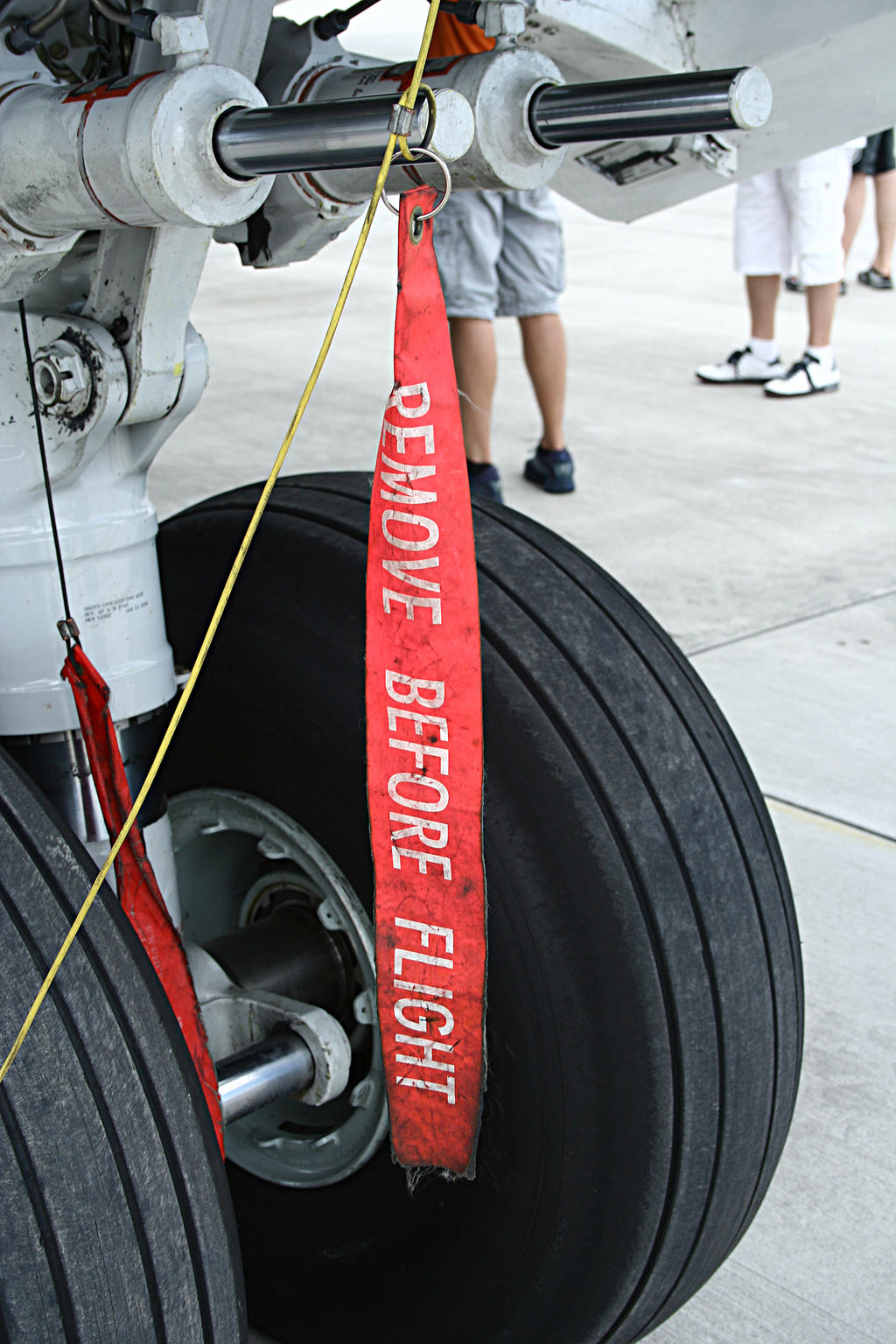What do Shakespeare and Galileo have in common? They were both born in 1564. Adam Gopnik used this fact as a starting point for his brilliant exploration and explanation of Galileo’s contributions. Gopnik's New Yorker Magazine article.
I was more astonished at the fact that they both share the same birth year. When I brought this point up with my daughter Hana, she was amused for a moment and then quickly pointed out that they wouldn’t have known each other, or even met. This seems to have made the whole idea a non-event for her.
I remain astonished. Each person causes a ripple effect. If they are lucky, and I think Shakespeare and Galileo fall into this category, they might surround themselves with a circle of people who act as muses and sounding boards for their ideas. This helps them to in turn explore and extend their thoughts beyond what they know and incorporate what other people are thinking into their creations and theories.
Galileo was born on nearly the same day Michelangelo died and maintained a correspondence with other astronomers Kepler and Tycho Brahe. They wrote letters to each other and exchanged theories and ideas. The Guardian newspaper explored a speculative connection between Shakespeare and Galileo on their blog today in the following scenario. Consider also that Shakespeare knew the British astronomer Thomas Digges, who believed the universe was infinite and that the sun was not the center of even our solar system. Digges would probably have heard of Galileo and read “The Starry Messenger.” All of this could have led him to tell Shakespeare about Galileo, and Shakespeare to write about him in the play Cymbeline, which refers to god Jupiter surrounded by four angels, which could be interpreted as the planet and its four moons The possibility exists that they were connected. The Guardian article on the renaissance brains of Shakespeare and Galileo.
Back to 1564, the renaissance, a time when creativity was at its peak and people like Shakespeare and Galileo were making and publishing amazing discoveries. What do we have happening today that compares to these discoveries? If humans continue to exist, what will our age today be known for? Do we have anyone even making these sorts of innovations today? Are there people that we will remember 450 years from now for their extraordinary contributions? If so, who are these people? Would it be enlightening to follow their work today?
TED, Technology, Entertainment and Design, talks sometimes embody what I am trying to describe. They are short presentations, usually under 20 minutes, which are topical and personal orations of people doing passionate and original work. One example was a talk by Jill Bolte Taylor, a brain scientist who had a massive stroke at age 37. She talks about intimately experience the separation of her right and left sides of her brain during her stroke and how it left her with a better understanding of her place in the world. Exposure to this talk gave me a whole new insight into how my brain works.
I’m glad that I was not alive in 1564. Living conditions for most people, especially women, were pretty limiting. I would like to find and follow the renaissance happening today.


